First Racially Integrated Casino Hotel in US Will be Rebuilt, Investor Claims
Posted on: October 27, 2022, 10:52h.
Last updated on: January 18, 2023, 10:42h.
A new investor in Las Vegas claims it plans to finance reconstruction of the Moulin Rouge casino hotel. Trypto Business Solutions, a local technology consulting group, claims it will invest $2 billion into the project on behalf of Las Vegas Moulin Rouge Holdings. This is the holding company that announced several previous failed attempts to rebuild the nation’s first racially integrated casino hotel where it once stood at 900 W. Bonanza Road.
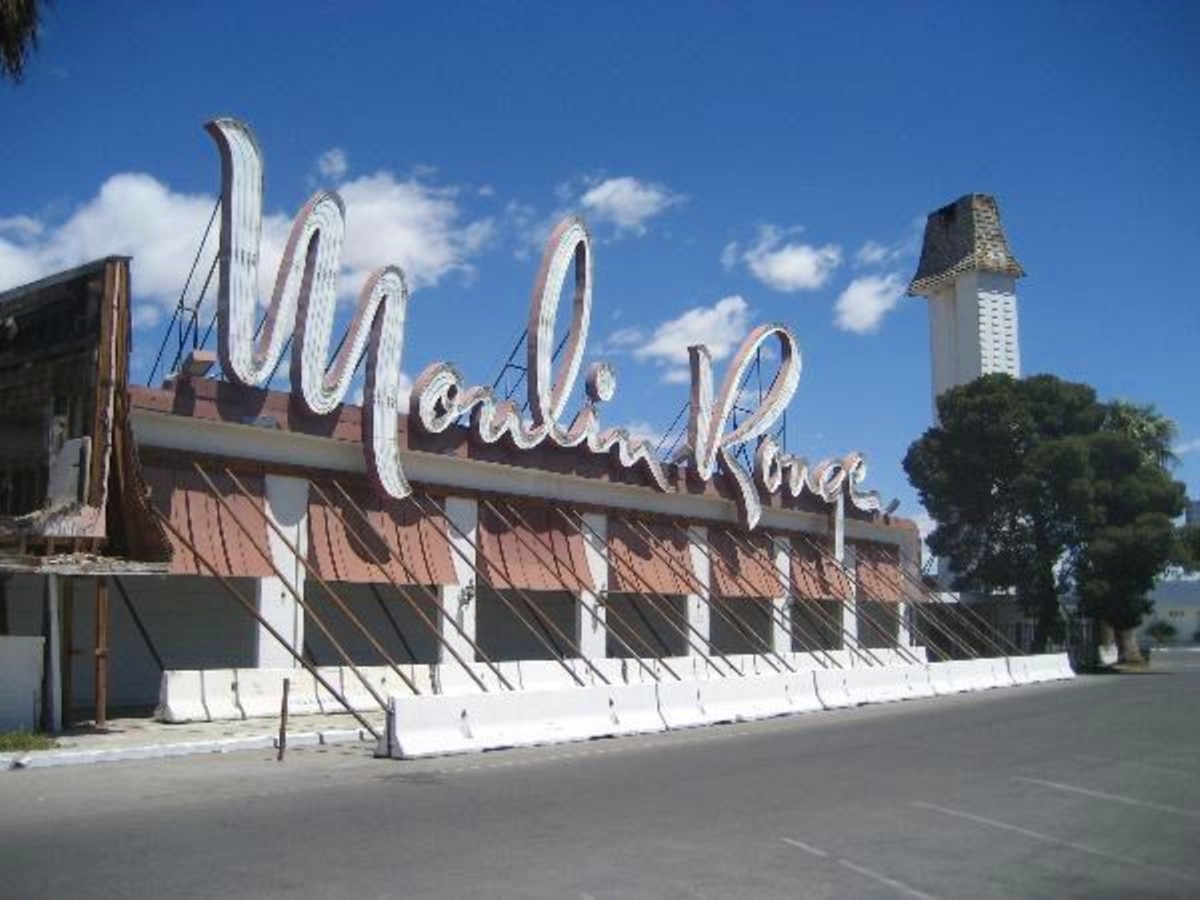
If this scenario seems familiar, it’s because in 2016, Las Vegas Moulin Rouge Holdings made a similar announcement.
That plan was regarding the funding it had obtained to acquire the land and rebuild the Moulin Rouge, which was demolished in 2017, despite being historically designated, after three fires on the property rendered the remaining structure unsound.
The company even hosted a groundbreaking ceremony for the construction that never occurred. Since then, BBC Capital, an Australian-based investment company, purchased the land in 2020.
Our initial funding partnership fell through, and we were constantly trying to get that reestablished,” Scott Johnson of Las Vegas Moulin Rouge Holdings, told KSNV-TV/Las Vegas. “Now we feel we have the backing to move forward on the project.”
Trypto claims it’s also providing part of the funding for the $4.9 billion All Net Resort and Arena on the Las Vegas Strip, proposed by former UNLV basketball player Jackie Robinson. Unfortunately, Robinson also has a track record of claiming funding that never materializes.
Why the Moulin Rouge Matters
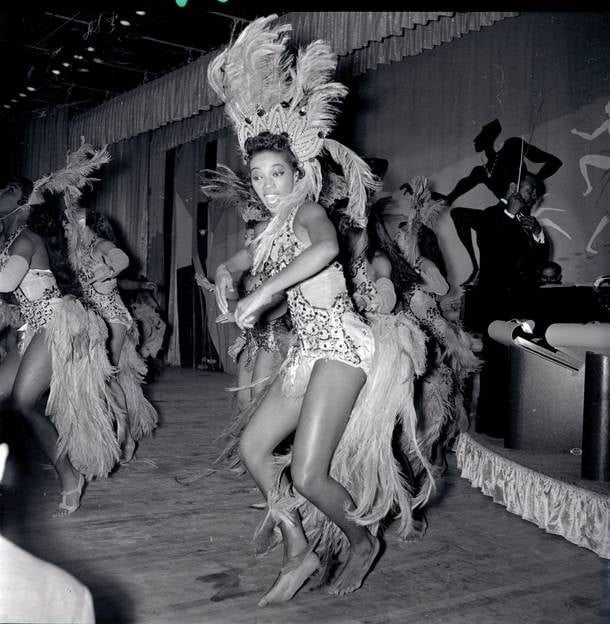
Las Vegas was a fully segregated city before the Moulin Rouge opened on May 24, 1955. People of color could work at Strip hotels, but only as cooks, maids, and janitors — “back of house” jobs where they went largely unseen. They could not even stay there. This was true even of black headliners, including Sammy Davis Jr., Nat King Cole, and Ella Fitzgerald.
A taste of how far we’ve come as a society is provided by this sentence about the Moulin Rouge, published by Variety in 1955: “This unusual spot continues to pull in the gambling sect, who are not alarmed in the least about rubbing elbows and dice in mixed racial company.”
The opening of the $3.5 million casino hotel – by a group of white investors led by Will Max Schwartz (38% ownership share), Louis Rubin (29%), and Alexander Bisno (31%) – didn’t put a stop to Las Vegas’ racist policies, but represented the official start of their dissolution.
It wasn’t until March 1960 that casino bosses – during a meeting with the NAACP and city and state leaders at the shuttered Moulin Rouge – reluctantly agreed to allow African-Americans to patronize their establishments. Inspired by the wave of civil rights activism sweeping the country, the NAACP had threatened a march on the Strip that would have embarrassed Las Vegas.
Why the Moulin Rouge Closed
The casino hotel seemed a complete success, yet it operated for just six months before being shut down. Mystery surrounds the exact reason. Some historians point to unpaid debts or insolvency by its owners. Others blamed the mobsters who owned competing hotels.
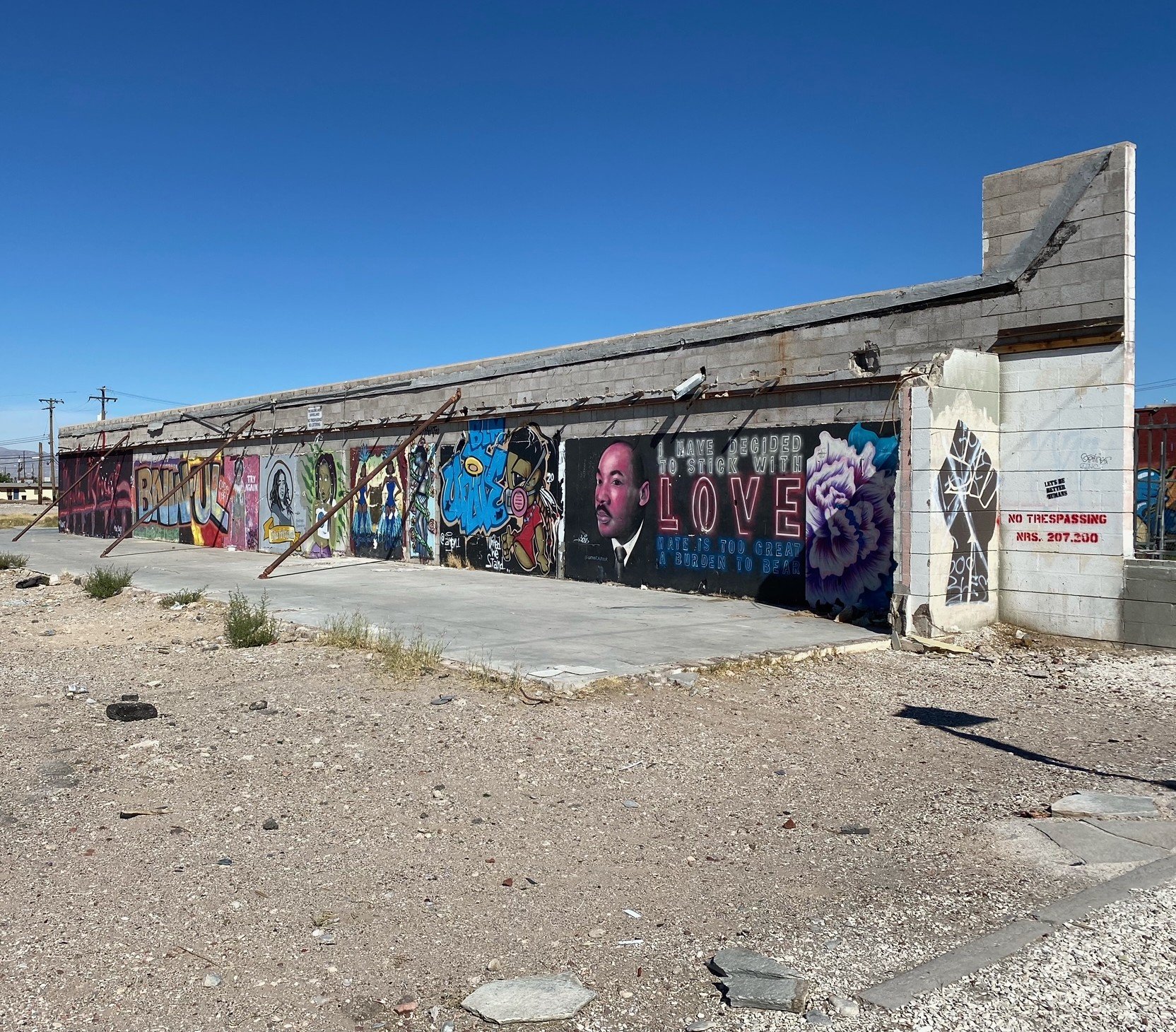
The building stood for another 48 years, serving as a motel, a public-housing apartment complex, and finally, a flophouse. It made the National Register of Historic Places in 1992, but three fires – in 2003, 2009, and 2017 – gutted the already-crumbling structure. In 2010, the casino hotel’s tower was demolished, followed by the rest of the ruins in 2017 – after more than 200 homeless persons were found living inside. Today, only a single retaining wall remains, and the iconic sign is now on permanent display at the Neon Museum’s Neon Boneyard.
Keeping Hope Alive
If Moulin Rouge Holdings can acquire the property this time, Johnson said, it intends to use the plans presented to the community in a 2016 showing the reimagined Moulin Rouge with a 200-room tower and full casino.
“Everything is still in place from 2016,” Johnson told KSNV. “We have the same architect, Mr. Ed Vance. Same architect, same management team, everything is in place.”
Related News Articles
Hyatt Acquires Someone Else’s Las Vegas Dream Casino Hotel
Inside Station Casinos’ Plans for New Henderson, Nev. Location
Red Rock Releases New Inspirada Renderings
Most Popular
FTC: Casino Resort Fees Must Be Included in Upfront Hotel Rates
Genovese Capo Sentenced for Illegal Gambling on Long Island
NBA Referees Expose Sports Betting Abuse Following Steve Kerr Meltdown
UPDATE: Former Resorts World & MGM Grand Prez Loses Gaming License
Most Commented
-
UPDATE: Whiskey Pete’s Casino Near Las Vegas Closes
— December 20, 2024 — 30 Comments -
Caesars Virginia in Danville Now Accepting Hotel Room Reservations
— November 27, 2024 — 9 Comments -
UPDATE: Former Resorts World & MGM Grand Prez Loses Gaming License
— December 19, 2024 — 8 Comments -
FTC: Casino Resort Fees Must Be Included in Upfront Hotel Rates
— December 17, 2024 — 7 Comments

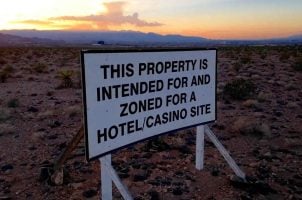

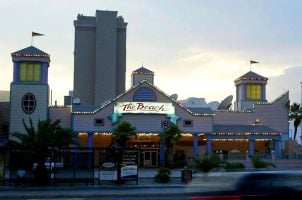












Last Comments ( 2 )
I don't understand the $2B number to build a 200 room hotel and casino on that little piece of land. Red Rock cost less than half of that. Maybe if they'd lose a zero, they'd be much more likely to fund their project.
It would be nice to see this important piece of history back to its original glory.